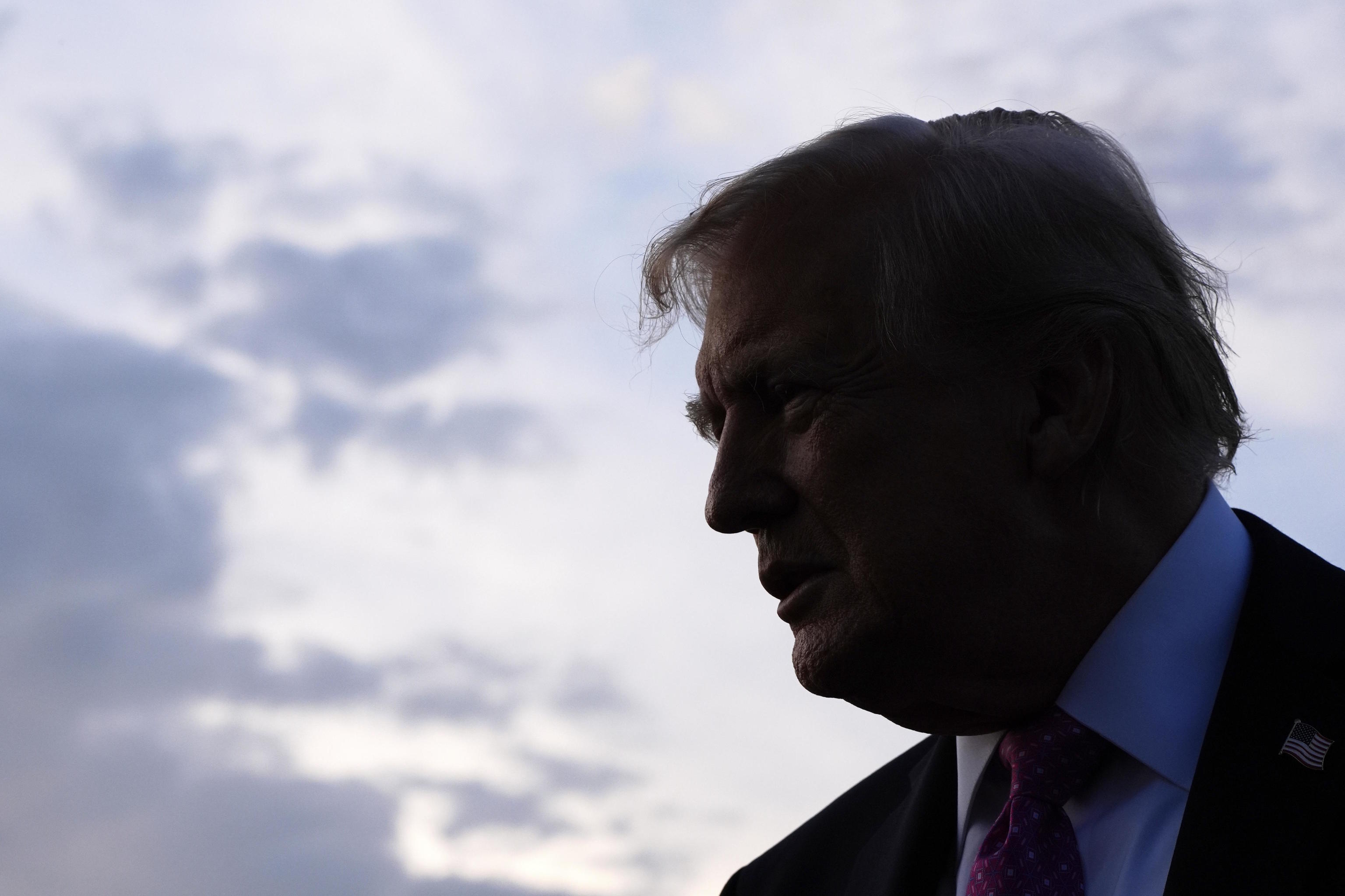Norway is an extraordinary country. 20% of its GDP comes from oil and natural gas, and this year it will kill more whales than Japan. But it has an impeccable sustainability image. This is reflected in its sovereign fund GPFG, which follows ESG and DEI (Diversity, Equity, Inclusion) criteria to invest oil money. This policy has put the fund in a bind in the US due to its decision to sell its shares in the company Caterpillar, as it allows Israel to use its machinery to destroy Palestinian homes. Republican Senator Lindsay Graham has said that this is "worse than an insult" and has demanded tariffs on Norwegian imports and a reduction in the number of visas for its citizens. The crisis only ended when Norwegian Prime Minister Jonas Gahr Støre sent an SMS to Graham explaining that, although public, the fund is managed independently of the government.
Trump wants foreign investments... but without foreigners
Donald Trump's policy of attracting (if necessary, at gunpoint) foreign investment to the US has encountered a hurdle: his own anti-immigration crusade, after the arrest of 475 foreigners allegedly working illegally in the construction of a factory for Korean companies Hyundai and LG in the state of Georgia. The episode has upset the South Korean government and raised concerns among foreign companies in the US, who are aware that some immigration rules in that country are confusing, which can put their employees in a legal 'limbo'. This can be a problem for attracting talent or relocating expatriates. Especially when, with a sentence reminiscent of South African apartheid, the Supreme Court has authorized the arrest of anyone who, based on their appearance - speaking Spanish, having Latino features, or even using the bus, which is for the poor - may be considered suspicious of being illegal.
The dam dividing the Nile: Ethiopian Renaissance, Egyptian and Sudanese ruin?
A paradox: the Nile is actually two rivers. One (the Blue Nile) provides water. The other (the White Nile) gives it length, making it the longest river, although some measurements give this title to the Amazon. This week, Ethiopia inaugurated the Grand Ethiopian Renaissance Dam (GERD), on the Blue Nile, which took 14 years to build, cost 4.2 billion euros, and, attention, claimed 15,000 lives (including fatalities in auxiliary companies' accidents). Now, some fear it may lead to war. The dam has sparked tremendous tensions between Ethiopia, Sudan, and Egypt, which depend on the water from the Blue Nile and fear that the GERD will deprive them of it. In fact, Sudan suffered a drought two years ago when Ethiopia redirected the course of the Blue Nile to build it. Tensions have escalated to the point where Egypt threatened to bomb it several years ago.
The Pentagon discovers 20x1: drones instead of destroyers in the oceans
A standard destroyer of the United States Navy costs around 2 billion euros and requires over 300 sailors. Admiral of this country Michael Mattis believes that this ship can be replaced by 20 naval drones costing around 60 million euros each and, obviously, requiring no crew. This does not mean that unmanned ships will replace manned ones, among other things because their survivability is much lower and they require much more maintenance in port (although some naval drones can operate autonomously at sea for months). Mattis's analysis comes at a time when the US Air Force is heavily using drones and integrating them with the new generation of combat aircraft (the B-21 bomber and the F-47 fighter), indicating that maritime drones are likely to become as ubiquitous as aerial drones.
Gold sings crisis, copper expansion... and the Fed in the middle
Thursday will be the day of central banks. Or at least of the Federal Reserve. Because the other central bank holding a monetary policy meeting that day, the Bank of England, does not seem likely to lower interest rates. The Fed's rate cut - whether a quarter or half point - comes to an economy that, as shown by a hedge fund analysis by Apollo, appears to be two-fold. On one hand, there are sectors unaffected by tariffs that have maintained their employment numbers, albeit with difficulties. On the other hand, those impacted by tariffs have seen a decline in job positions. The situation is as confusing as the global economy, reflected in two metals: gold (which tends to rise in value during crises and/or anticipated inflation) and copper (which rises with expectations of expansion). Both have surged this year, although gold has just surpassed copper (a bad omen).
'Made in China' overproduction: neither Putin nor Kim fit in the trunk
If you want to buy a car, go to China. The price of automobiles has dropped a staggering 21% in the world's second-largest economy over the past twelve months. This is not due to any productivity miracle but to something more mundane (and concerning): overproduction. China is producing excessively - literally - in several industries, including metallurgy, renewables, shipbuilding, and construction. The parade in Beijing with the dictators of Russia Vladimir Putin and North Korea, Kim Jong-un, was a display of power that, however, does not hide Beijing's struggle to place all it produces. The solution would be to boost domestic consumption. However, this is something the Chinese Communist Party reluctantly does and goes against the country's culture. Russia and North Korea cannot absorb China's overproduction, although they can sit next to the leader, Xi Jinping, to admire their rockets.
